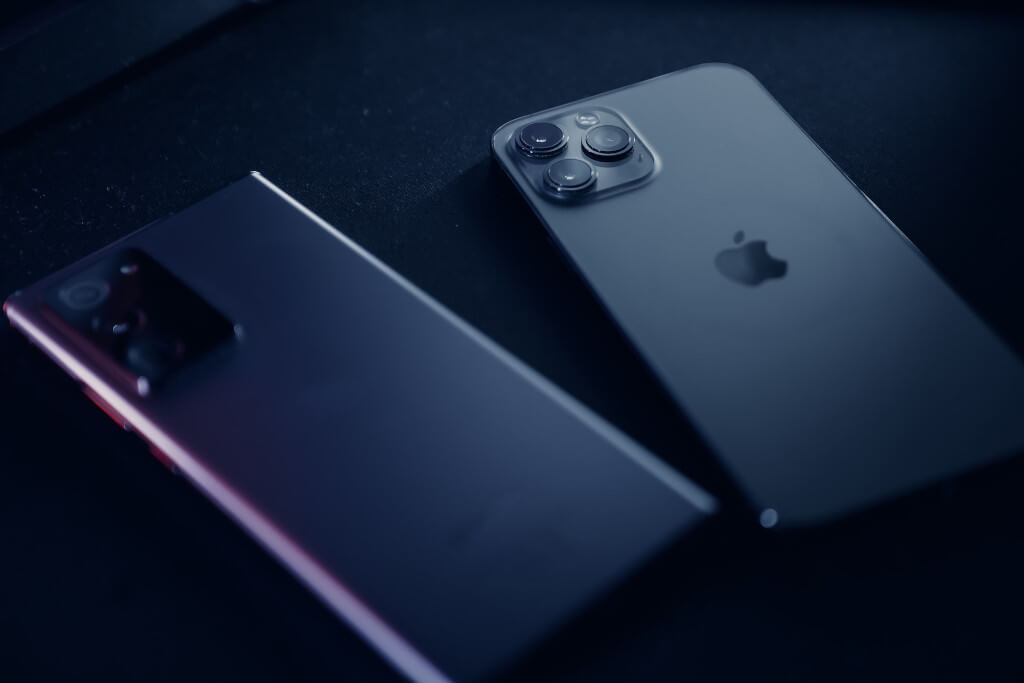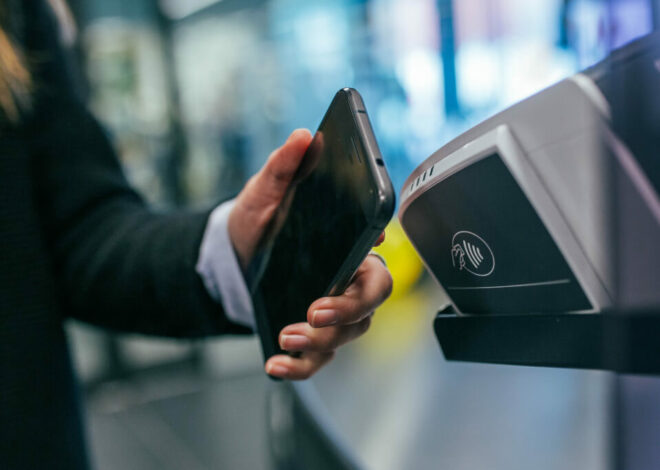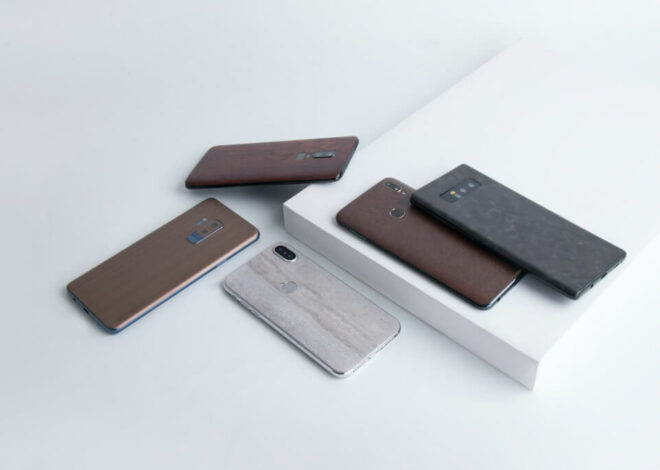
The Battle of OS: Android vs. iOS
In the digital age where your smartphone is virtually an extension of yourself, the ongoing debate around the superior operating system – Android or iOS – continues to gain momentum, especially in regions like South Africa. It’s not just about the snazzy features or the brand name; it’s more profound, delving into user experience, accessibility, and aligning with personal needs. So, let’s break it down for you, examining the titans of the mobile OS world through the lens of the South African tech landscape.
Market Share Insights
Diving right into the numbers, global statistics indicate a dominant position for Android in the OS market, with a substantial majority of smartphone users opting for Android-run devices. It’s a reflection of the diverse range of handsets, from budget to high-end, that Android caters to. However, in South Africa, the distribution is a bit more nuanced. While Android still leads, Apple’s iOS has made significant inroads, especially in urban areas where the aspirational value of owning an iPhone stands tall.
Examining the complex worldwide smartphone operating system environment reveals that Android is far and away the most popular option. But what is the secret behind these figures? The enormous number of devices that can be classified as “Android” may be to blame. Android makes sure there’s a phone for everyone, from those on a tight budget to the most talked-about flagship models. There is, as they say, power in numbers, and Android’s ability to appeal to such a diverse group of users around the world is a major factor in its success.
When we move our attention to the landscape of South Africa, though, the story takes a surprising turn. Although Android is clearly the market leader, this is hardly an uncontested throne. Apple’s iOS has been stealthily and persistently chipping away at the market, especially in those teeming metropolises. It’s not just about the technology; it makes a statement. In major urban centres, an iPhone is more than a tool for communication; it is a symbol, a marker of aspiration, and a reflection of affluent lifestyle choices.
This division is not due solely to the appeal of the brands involved. South Africa’s distinct consumer tastes, urbanisation, and economic dynamics all have contributed. Because of its low price and vast variety of supported devices, Android has attracted a large user base. The iPhone’s target market consists of people who, despite its high price tag, value its combination of high-end features and status symbols.
However, statistics and market share only tell a portion of the tale. They reveal people’s tastes, interests, and aspirations to some extent. It’s more than simply a war of operating systems; the relationship between technology and society in South Africa is a complex tapestry of hopes, disappointments, and constant change.
Pros and Cons: Android
For people leaning towards Android, the advantages are numerous:
– Diversity in Device Choice: Whether you’re pinching pennies or ready to splurge, there’s an Android phone for you.
– Customization: From widgets to launchers, the freedom to tailor your device is unparalleled.
– Expandable Storage: Many Android devices still offer the option to use microSD cards, a boon for those who love hoarding photos and apps.
However, there are pitfalls:
– Fragmentation: With numerous manufacturers using Android, not all devices get timely updates. It can sometimes leave users with outdated software.
– Quality Disparities: The vast array of devices means there’s a quality range, making it essential to choose wisely.
Pros and Cons: iOS
For the Apple aficionados:
– Consistency and Fluidity: iOS offers a seamless experience across devices, thanks to its hardware-software integration.
– Timely Updates: iPhones, regardless of their generation, receive system updates simultaneously.
– Resell Value: iPhones tend to have a higher resale value in the South African market compared to their Android counterparts.
But, it’s not all rosy:
– Price Barrier: The entry point for a new iPhone is relatively high, making it less accessible to a broader audience.
– Limitations in Customization: The iOS environment is more closed off, allowing for fewer personal tweaks.
App Availability and Ecosystem Analysis
One might argue that an OS is only as good as the apps it supports. Both platforms offer a robust range of applications. However, the Google Play Store, catering to Android, generally sees apps made available a tad quicker due to fewer restrictions in the app approval process. That said, the App Store for iOS often boasts apps that are optimized better, thanks to the limited range of iPhone specs developers need to cater to.
The integration within the Apple ecosystem is something many people are starting to appreciate. The continuity between an iPhone, iPad, MacBook, and even an Apple Watch can be a compelling reason for users to stay loyal to iOS.
However, Android offers its strengths in integration with Google services. For users heavily invested in the Google ecosystem, an Android device makes more sense. Google Maps, Drive, and Assistant often work more seamlessly on Android devices, giving them an edge for those committed to Google’s suite of apps.
A Dynamic Duel of Digital Dominance
When you strip away the tech jargon, the flashy ads, and the brand allegiances, the Android versus iOS debate boils down to a matter of personal preference shaped by intricate factors, both global and local. From the bustling streets of Johannesburg to the serene landscapes of the Western Cape, South Africans, like users worldwide, are voting with their wallets and their fingers on touchscreens. It’s a dance of function, affordability, luxury, and aspiration. Neither Android nor iOS emerges as the definitive champion; rather, they both underscore the dynamic nature of consumer choices in an ever-evolving tech landscape. The only certainty in this vibrant OS landscape is that innovation will continue, and users stand to gain the most in this relentless quest for digital excellence.
The Android vs. iOS debate isn’t just a matter of brand loyalty. It’s about understanding individual needs, budget constraints, and the long-term value an OS offers. While Android provides variety and flexibility, iOS counters with consistency and a premium feel. At the end of the day, it’s about what feels right in your hands and works best for your lifestyle. Whatever your choice, the tech landscape in South Africa is vibrant enough to cater to every preference, ensuring that you’re never left wanting.



